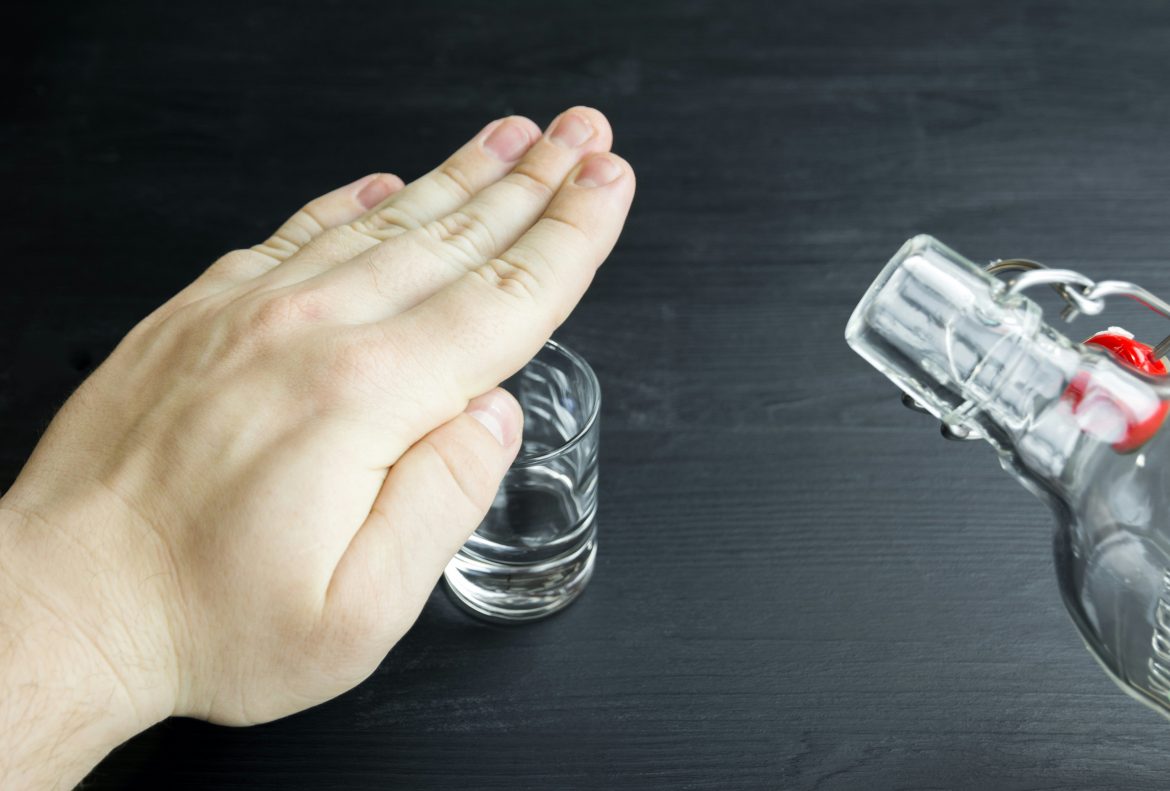Every day, 20 people in the UK die because of alcohol. Drinking at high levels puts you at greater risk of health issues and is a factor of more than 60 medical conditions.
Websites such as e-drink-check.kingston.gov.uk have reported that drinkers could face the following health challenges.
- Active drinkers are 3 – 5 times more likely to get cancer of the mouth, neck, and throat.
- Active drinkers are 3 to 10 times more likely to get liver disease.
- Active drinkers are twice as likely to have an irregular heartbeat.
Dry January is a month-long commitment to abstain from alcohol. The month offers us a chance to reconsider our relationship with alcohol and potentially avoid some of the dangers.
Many people participate in Dry January thinking of the health benefits, they get gym memberships and see their drinking as something within their control.
Ranjit Dhillon, Chief Executive of the Addiction Support and Care Agency (ASCA), a charity which provides support for alcohol addiction, said: “It is quiet at the start of January because most are keen to stop drinking.
“Near the end of the month, people start struggling. Then an influx of calls comes in because people realise if they cannot make it till the end of the month it is a bigger issue than they initially expected.”
What makes the last week of Dry January the most challenging?
Often those struggling to complete the last weeks of Dry January are alcohol dependent. Data from alcoholchange.org.uk states that there are an estimated 602,391 dependent drinkers in England. Only 18% are receiving treatment.
Research from drinkaware.co.uk shows that alcohol dependence operates on a spectrum – from mild, to moderate or severe.
The website describes alcohol dependence as:
‘A person who feels they’re not able to function or survive without alcohol and that drinking becomes an important – or sometimes the most important – factor in their life.’
drinkaware.co.uk
Therefore, anyone operating on the moderate to serious side of the spectrum would struggle with Dry January and may feel physical withdrawal symptoms when they stop drinking.
The struggle to overcome alcohol addiction is not based on age, gender or employment.
Websites such as e-drink-check.kingston.gov.uk offer quizzes and articles to help people spot the signs of what is deemed as alcohol dependency and remove any stereotypes of what it could look like.
The CEO of ASCA said that among the clientele who are considered alcohol dependent, the majority consider it at age 30 but may not accept it or take control of their drinking habits till later in life.
“Our clientele ranges from 30 to 70 and there is a stigma that most of our clients would be male but it’s a to close 50/50 split between men and women,” said Dhillon.
Moreover, 90% of their clients are said to be “functioning alcoholics” and full-time workers. “From teachers to doctors, chefs and airline staff, it could even be a co-worker sitting next to you, it can be anyone,” said Dhillon.
Those accounting for the 10% of non-working clients include stay-at-home mothers, of which there is a “considerable number”, those who are retired or unable to work due to mental health issues, and even young adults and teenagers, with alcohol typically brought in by a parent.
What to do if you are struggling?
You can receive support from the Kingston Wellbeing Service at the Surbiton Health Centre or join the Kingston 30 Day Drink Less Programme which is free to Kingston residents and workers. The program is based on evidence-based counselling and wellbeing techniques to help you complete a successful Dry January, but you can do it at any time.
Websites such as e-drink-check.kingston.gov.uk also offers a range of sources and external links to advice and support, and the majority of websites will encourage participants in the challenge to seek help, whether it is from loved ones or professional support.
If you fear the initial challenge, this highlights a bigger issue you have with alcohol consumption. If you can relate to this, it is recommended by the NHS to speak to a health professional at your GP surgery.
Dhillon said that most clients seeking counselling for their drinking problems often find admitting they need help the “hardest part of the process”.
“Sometimes people call three to five times in a space of weeks before they can decide to come for alcohol counselling physically, but it will come from a push from someone else or a trend like Dry January.
“But to abstain from drinking they need to want it for themselves or else they will not commit.”
ASCA offers assessments to new clients in Richmond and is open to “anyone willing to travel there”. Acknowledging underlying issues with alcohol is no easy feat, which is why they make their session up to one hour 30 minutes long, to account for time to “spill out all which has been building up,” said Dhillon.
Completing Dry January is feasible and can be an enriching experience. Data from alcoholcchange.org found that 70% of people sleep better during Dry January, 86% save money and 65% notice a general improvement in their overall health.
The University of Sussex previously reported that six months after taking on Dry January 70% of people were still drinking more healthily.
What makes Dry January most successful is not necessarily the outcomes, but what it can expose to a person regarding their relationship with alcohol.






